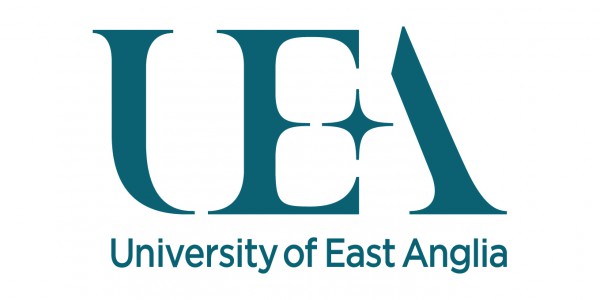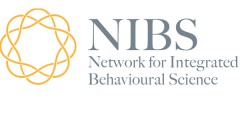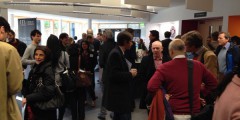On the Community of Advantage, by Bob Sugden
July 11, 2018
This week sees the publication of Bob’s 9th book – “The Community of Advantage: A Behavioural Economist’s Defence of the Market” by Oxford University Press. For the convenience of our readers, here’s the link to Amazon (other book retailers are available). We featured this in the June edition of our NIBS newsletter and you can now read …
How to become more patient – and not eat the cream bun
June 4, 2018
NIBS Co-Investigator Daniel Read, looks at our behaviour when we make decisions on how to act now that will affect our future. He says; “Most of our decisions are intertemporal choices, ranging from the person on a diet agonising over a cream bun to the world’s scientists and leaders convening every year to agonise over …
What’s happening at our International Partners?
March 28, 2018
The Network for Integrated Behavioural Science (NIBS) offers an exchange programme for our researchers, which involves seven other international centres of excellence in behavioural science. Here’s a quick look at what’s happening at some of these partner institutions right now. The Center for Research in Experimental Economics and Political Decision Making – CREED (Amsterdam) * …
Coming Soon – NIBS2 The Science of Consumer Behaviour
June 29, 2017
Today the ESRC announced more than £10 million of new funding for innovative multidisciplinary research in the fields of economics and social science. We are delighted to be the recipient of £2 million to continue our ESRC Network for Integrated Behavioural Science (NIBS). The aim of the Network has been refined to focus on advancing …
“Last-Ups” Advantage in Baseball: An Example of Biases and Persistent Beliefs.
March 29, 2017
Professor Ted Turocy, NIBS Co-Investigator at the University of East Anglia considers if the rule change, designed to resolve tied games more rapidly in Major League Baseball, risks advantaging one team over the other. “In the World Baseball Classic currently underway, Major League Baseball is testing out a rule change designed to resolve tied games more rapidly. …
NIBS 2016 conference: Assessing well-being when preferences are incoherent
June 6, 2016
From 4 to 6 April, the Centre for Behavioural and Experimental Social Sciences (CBESS) at the University of East Anglia hosted the 2016 NIBS international conference on the topic of ‘Assessing well-being when preferences are incoherent’. This was a major event with more than 130 delegates from many parts of the world. The conference topic …
The relationship between preference and choice
April 29, 2016
How should we understand the relationships between people’s preferences, people’s choices, and the values people assign to objects of choice? This was the topic of a recent NIBS mini-workshop which took place between 18 and 20 April 2016 in Potsdam, Berlin. Joining NIBS colleagues from Warwick, Nottingham and East Anglia were colleagues from our international …
The behavioural economics of parkrun by Ted Turocy
April 22, 2016
Last week, Stoke Gifford Parish Council voted to institute a £1 per runner charge on the parkrun (http://www.parkrun.org.uk) event held at Little Stoke Park in Bristol, citing, among other factors, the maintenance costs imposed on the park by the 200 or more participants who run, jog, or walk 5km as part of the event each …









